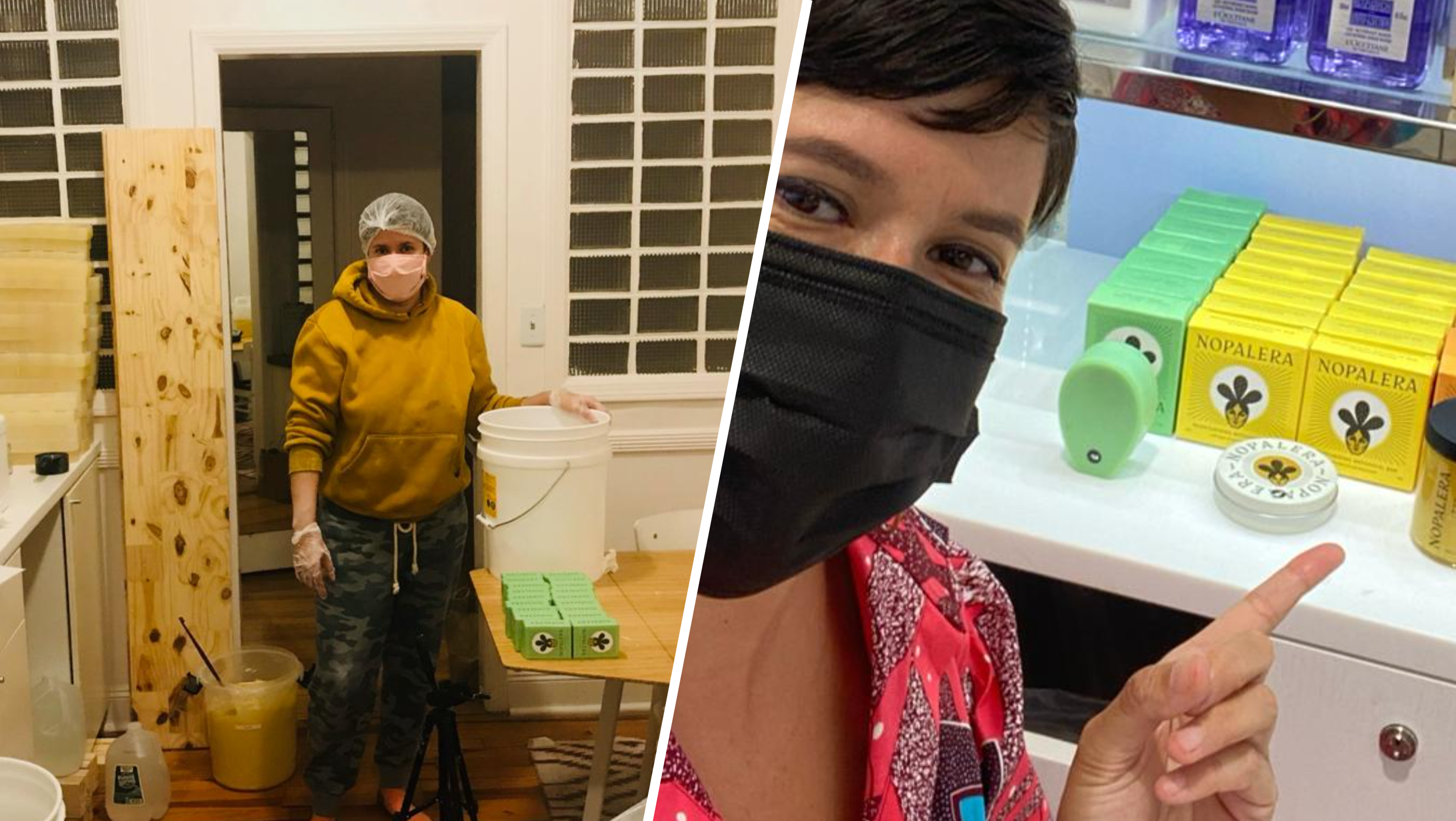When Santa Ana resident Gloria Montiel graduates in May from Claremont Graduate University, she will be the first undocumented student to be approved for a Ph.D. in the university's 92-year-old history, but her academic work won't end there.
Montiel's dissertation at Claremont focused on the identity and college experience of high-achieving undocumented students. Montiel has dedicated her life's work to helping immigrants like herself succeed.
With the help of President Obama's Deferred Action for Childhood Arrivals (DACA) policy, Montiel works as a grant writer for Latino Health Access, a non-profit helping the Latino population in Santa Ana with their health needs. She has brought $5 million to different programs supported by the non-profit.
"DACA has helped me have a wider impact in my community. After I became a DACA recipient, I was able to be hired by Latino Health Access," she said. "It's given me a platform to continue working on issues of social justice, education and health and community engagement."
DACA allows undocumented youth to live and work in the U.S. if they entered the country before their 16th birthday and before June 2007.
A daughter to undocumented Mexican immigrants, Montiel was the first student from Santa Ana High School to attend Harvard University in 2005, where she graduated with a Bachelor's degree in English and American Literature and Language.
"I was able to break through the barriers and misconceptions undocumented students face," she said. "But we have to continue to fight so that my life isn’t an exceptional case and the success I've had becomes the norm."
U.S. & World
She received a full ride to Harvard, but the college still asked her to provide a financial contribution of about $3,500 to $4,000 each school year.
"When I first met Gloria on registration day for classes, she said to me, 'Hi, my name is Gloria and you're going to help me get into Harvard,'" said Gerry Oxx, Montiel’s guidance counselor at Santa Ana High School. "We were so happy to see the acceptance letter to Harvard. She was always very determined and kind to her classmates."
During her undergraduate years, Montiel faced misconceptions among Harvard's faculty about the rights of undocumented students. She said her residential adviser at Harvard didn't understand how undocumented students could be rightfully admitted to the university.
"There was a complete disconnect between the admissions policies and the rest of the university who didn’t know necessarily know that undocumented students were even there," Montiel said.
To bring more awareness to the struggles of undocumented immigrants, Montiel disclosed her immigration status to her classmates during a class in graduate school.
"A lot of my classmates were under the impression that undocumented students were unable to attend college at all or receive any type of private funding or public funding for school," she said. "It was very important for me to have them know someone undocumented who was human and their classmate, so they could know how to help students like me."
Montiel became the first undocumented student to graduate from the Harvard Graduate School of Education Master program in Learning and Teaching in 2011. Two years later, she became a DACA recipient.
"If the world needs to have an example of why we need DACA to become permanent, it is the face and picture of Gloria, who has given back so much to the community," Oxx said. "She has helped prepare kids of all economic status in their journey for academic success, while she was still paving her own career path and facing uncertainties about her immigration status."
Through her work at a local non-profit in Santa Ana, Montiel helped open parent centers in middle schools, wrote the English-Language Arts curriculum for a summer academy in the area and created a STEM-based after-school program to help Santa Ana students who were struggling in Math. She also helped launch a neighborhood WiFi project to provide low-cost Internet access to low-income families in Santa Ana.
"DACA is important for many undocumented immigrants like me to continue helping their communities," she said. "A lot of undocumented youth are now being trained as doctors, nurses, teachers, and principals. As a population, the undocumented community is a lot stronger than it was 10 to 15 years ago."



